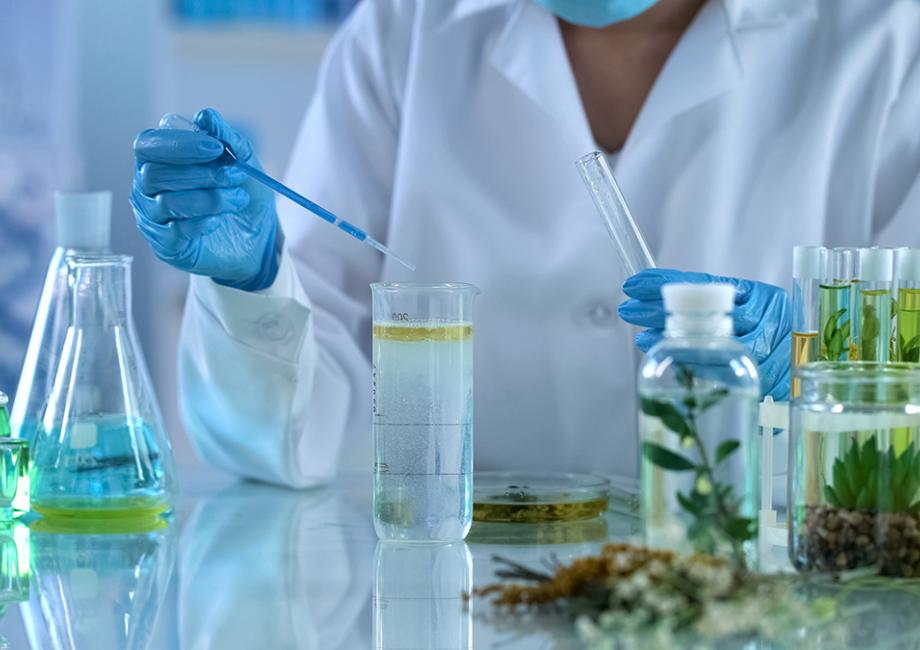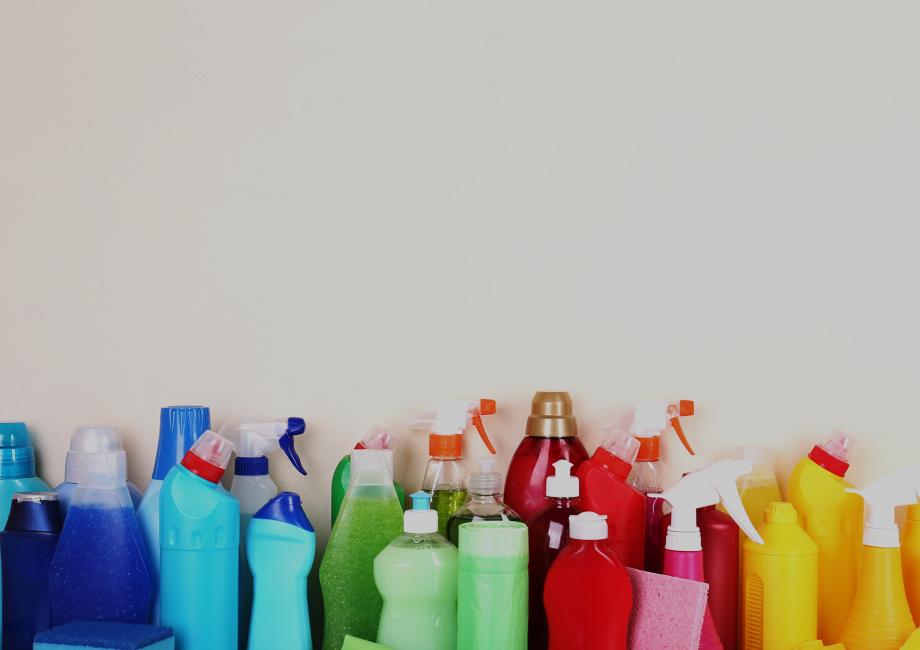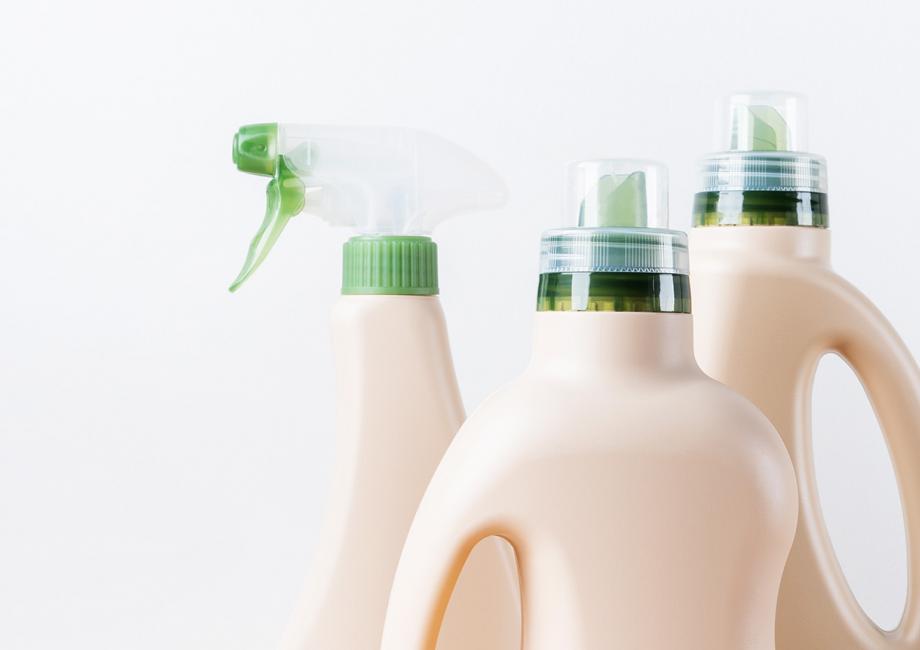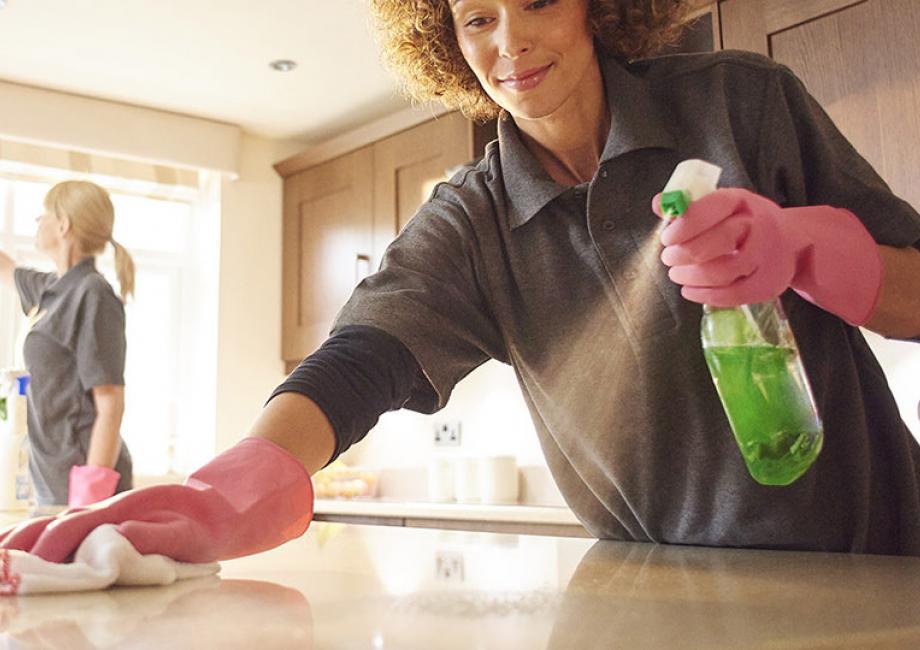
Preservatives prevent bacteria and mold from growing in household and commercial products, helping to protect our families and allowing the product to do its job when you need it.
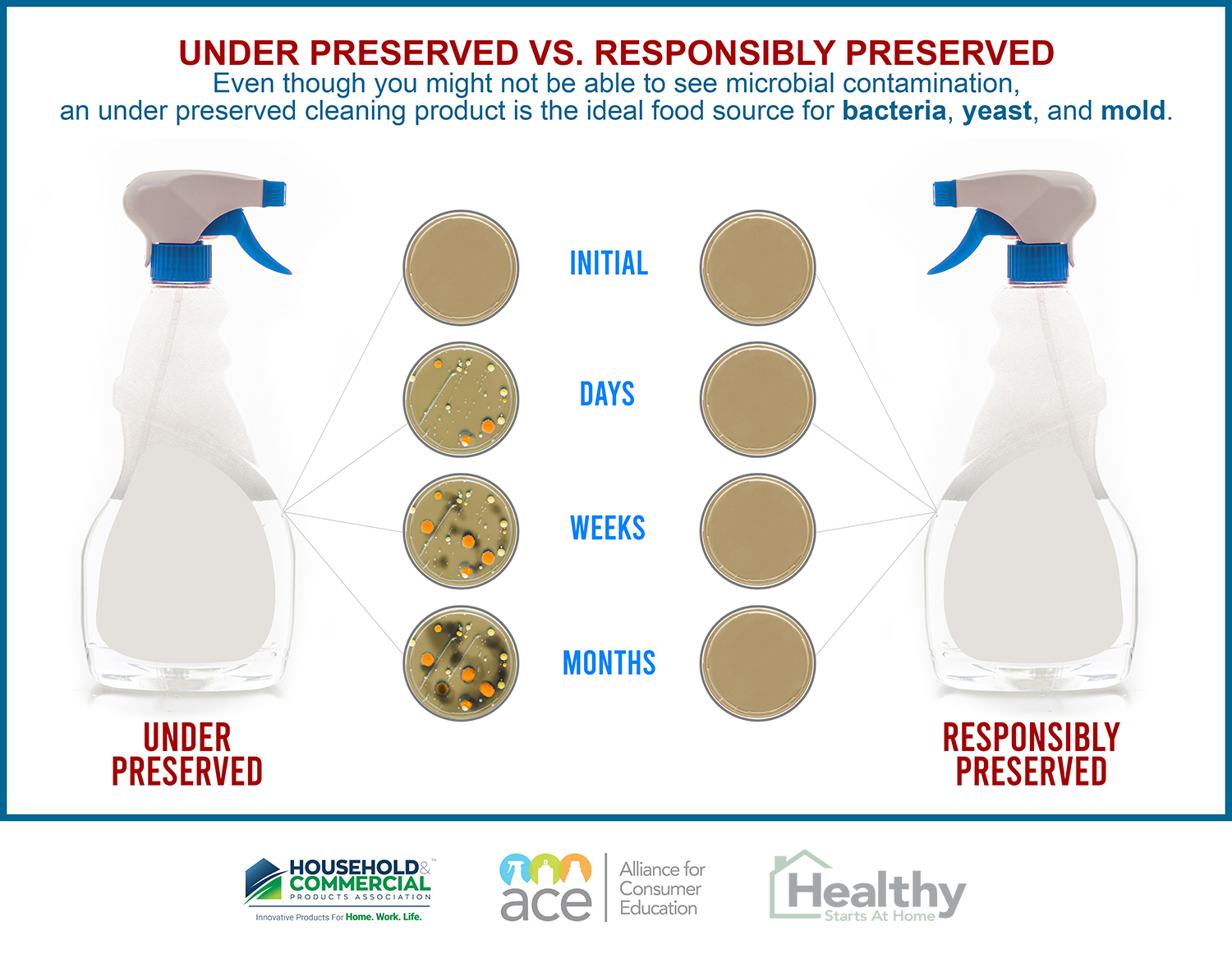
It might be hard to imagine that hard surface cleaners, dish soap, laundry products, or air fresheners can grow bacteria, yeasts, and mold. However, in response to consumer demand for more sustainable products, certain ingredients with potential environmental concerns were replaced with water. Unlike other substances, such as alcohol, water provides a hospitable environment for harmful microbes to grow. Preservatives are the key ingredient of the formulation process in water-based cleaning products to prevent bacteria and mold from growing and protect products from contamination.
Microbial contamination can lead to several problems, including reduced performance and off odor and/or color. In addition, microbial contamination of cleaning products may introduce unwanted bacteria to other areas of the home. It would be ineffective – and could even be hazardous – to use a moldy hard surface cleaner on your countertops. Preservatives help prevent microbial growth, protecting the product’s integrity by ensuring it remains safe, usable, and effective.
Preservatives are not responsible for killing the bacteria and viruses that may live on your door handle or countertop – that’s the job of a disinfectant or sanitizer. Rather, preservatives protect a product from becoming contaminated by microbes before it can even do its job. Without preservatives, products would become spoiled and ineffective within just a few days or weeks.
While we always want to trust that our household products will work when we need them, this is especially important during a public health crisis, such as the coronavirus pandemic. During the COVID-19 outbreak, we began to increasingly rely on certain products, such as liquid hand soap and laundry products, to protect our families and homes from the virus – and we want these products to be there when we need them. Due to unprecedented consumer demand, products started to become unavailable on store shelves. In this case, it would have been difficult to easily replace spoiled or contaminated products. Luckily, most people were able to fully use up their products since they were effectively preserved – even if they had been sitting under the sink for a few months.
Just like cleaning products protect our families and homes from harmful bacteria and viruses, preservatives protect cleaning products from microbes that can render them un-usable and possibly dangerous. Ultimately, preservatives play a critical role in ensuring that products remain useable.
